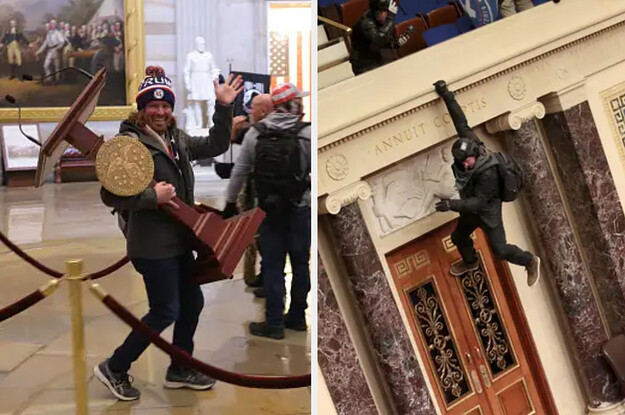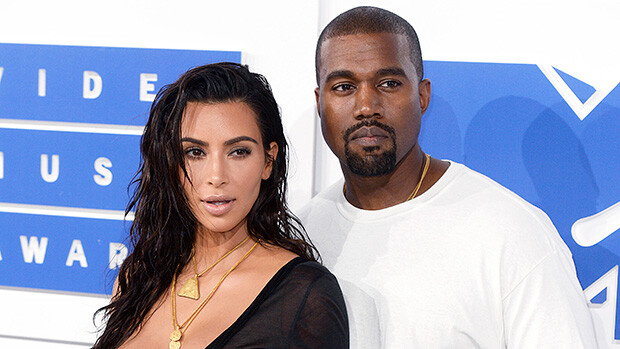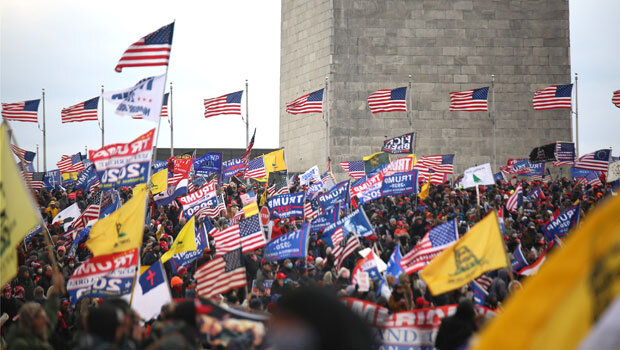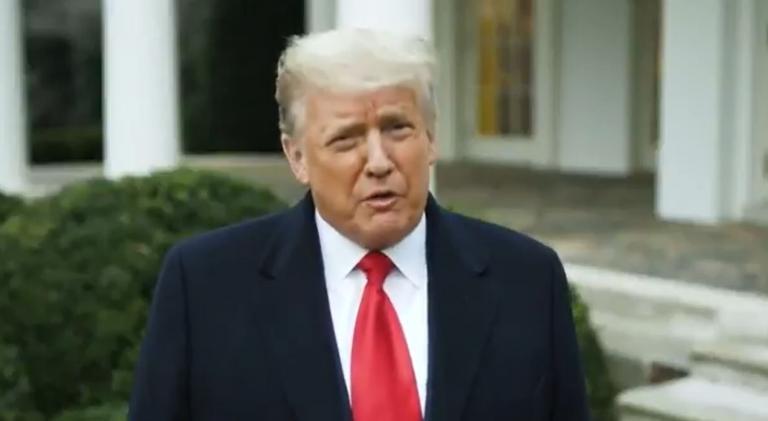No one can say filmmaker Bryan Fogel doesn’t enjoy a cinematic challenge. He exposed Russia’s secret sports doping program in the Oscar-winning documentary Icarus and in his latest, The Dissident, his focus is getting to the bottom of how and why Saudi journalist Jamal Khashoggi was killed in the Saudi consulate in Istanbul in 2018. […]No one can say filmmaker Bryan Fogel doesn’t enjoy a cinematic challenge. He exposed Russia’s secret sports doping program in the Oscar-winning documentary Icarus and in his latest, The Dissident, his focus is getting to the bottom of how and why Saudi journalist Jamal Khashoggi was killed in the Saudi consulate in Istanbul in 2018. […]FeedzyRead More
Full content below:
No one can say filmmaker Bryan Fogel doesn’t enjoy a cinematic challenge.
He exposed Russia’s secret sports doping program in the Oscar-winning documentary Icarus and in his latest, The Dissident, his focus is getting to the bottom of how and why Saudi journalist Jamal Khashoggi was killed in the Saudi consulate in Istanbul in 2018.
“The question became,” he says during Deadline’s Contenders Documentary awards-season event, “how could we really tell…the untold story behind this murder.”
To do so he gained access to audio, video and other materials from Turkey’s investigation into the killing, evidence pointing to a plot allegedly authorized by Saudi Crown Prince Mohammed bin Salman.
“It just felt absolutely imperative that we had [Turkey’s] participation,” Fogel notes. “That police footage from inside the consulate, the room that he was murdered [in], those photos, the transcript, those interviews, are truly exclusive to this film. You will not find that on BBC or CNN or any other story regarding the murder of Jamal.”
Fogel and producer-cinematographer Jake Swantko also gained access to another exiled Saudi dissident, Omar Abdulaziz, in Canada. Khashoggi, the film says, became supportive of an effort by Abdulaziz to foil the kingdom’s cyber disinformation activities.
“Omar has set up…an army, basically, in Montreal to combat the Saudi trolls,” Swantko says. “We saw him as a key person in this story to tell a very human element of the advocacy and ultimately the dissidence of Jamal.”







